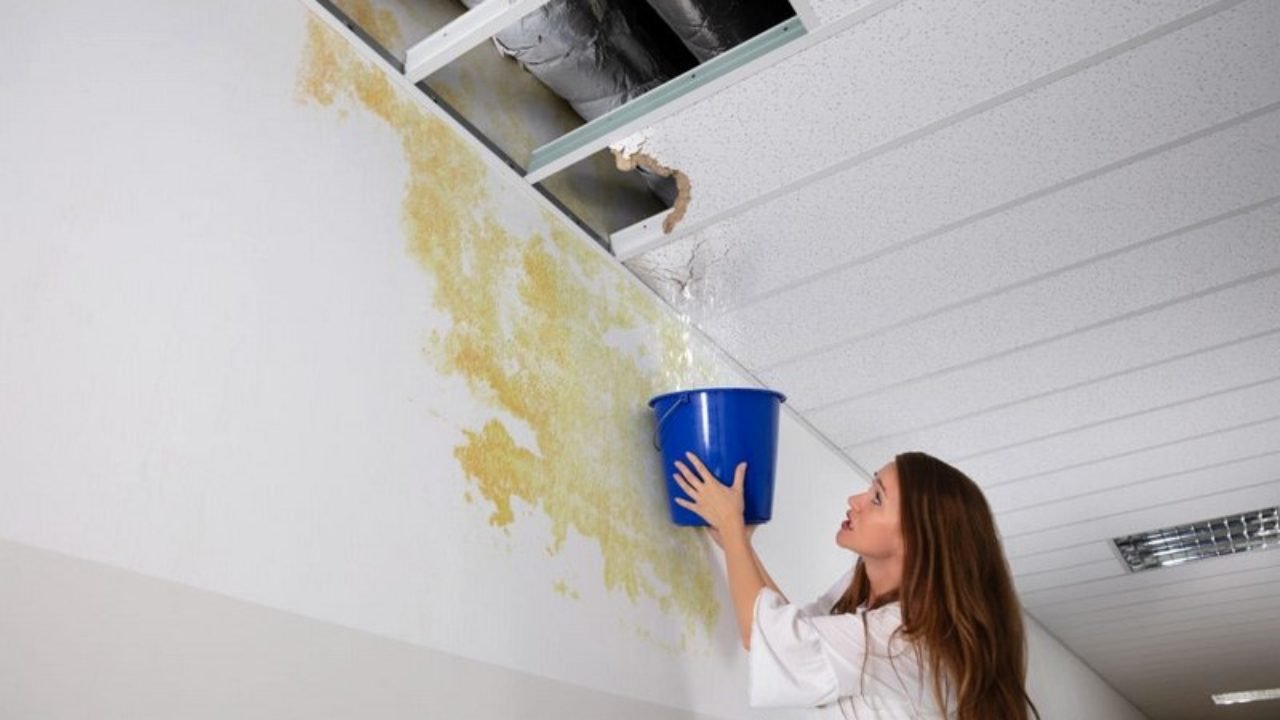The Six Most Common Water Leaks in Your Home: How They Happen and What to Do
The Six Most Common Water Leaks in Your Home: How They Happen and What to Do
Blog Article
Are you on the lookout for answers about How to detect water leaks in your home?

Leakages not just cause waste of water yet can additionally create unneeded damage to your home and also advertise undesirable organic development. By understanding and looking for daily situations that create leaks, you can secure your home from future leakages as well as unnecessary damages.
Instant temperature level modifications.
Severe temperature modifications in our pipes can create them to increase as well as acquire unexpectedly. This expansion and also contraction may trigger cracks in the pipes, specifically if the temperature are listed below freezing.
Corroded water supply
This may be the reason of staining or warping on your water pipes. If our plumbing system is old, consider replacing the pipes considering that they are at a greater risk of rust than the more recent designs.
Faulty Pipe Joints
The factor at which your pipes link is frequently the weakest link in the waterline. Pipeline joints can weaken in time, leading to water leaks. The bulk of pipe joints are not quickly noticeable. If you have noisy pipelines that make ticking or banging sounds, particularly when the warm water is turned on, your pipeline joints are possibly under a lot of pressure. It is a good idea to have your plumber evaluate your system yearly.
Elbowing in origins
The majority of water leaks start outside the residence instead than inside it. You might see damp spots or sinkholes in your yard, as well as that might indicate that tree roots are attacking water lines causing water to leak out.
Poor Water Connectors
At times, a leakage can be caused by loosened hoses and also pipes that provide your home appliances. In instance of a water connections leakage, you may discover water running straight from the supply line or puddles around your home appliances.
Blocked Drains
Obstructed drains may be bothersome and also inconveniencing, but they can often end up causing an overflow causing break pipes. Keep getting rid of any materials that might go down your drains pipes that could clog them to avoid such hassles.
All the above are sources of leakages however not all water leaks result from plumbing leakages; some leakages could come from roofing leakages. All leakages should be fixed quickly to avoid water damage.
Leaks not just create waste of water yet can also create unnecessary damage to your home as well as advertise undesirable natural development. By comprehending and also looking for everyday situations that trigger leakages, you can secure your residence from future leaks and unnecessary damage. Today, we will look at six leak triggers that might be causing your pipes to drip.
At times, a leak can be caused by loose hoses and pipes that supply your devices. In instance of a water links leakage, you might see water running directly from the supply line or pools around your appliances.
TYPES OF WATER LEAKS YOU SHOULD BE FAMILIAR WITH
Shower Fixture Water Leaks
If you notice a water leak near your shower fixture, perform an inspection to confirm if you are able to find broken caulk lines. As your shower fixture becomes older, it is not uncommon for water to leak onto the other side of the frame. To fix this type of plumbing leak, scrape off the old caulk and run a new bead of it around the shower fixture to seal up any fractured crevices and holes.
Bathtub Drainage Water leaks
To fix this type of leak in a bathtub, remove the drain flange and clean it. Next, you should also remove the rubber gasket located beneath the tub’s drain hole. Buy a replacement gasket that matches the old version and install it in the same location. Once the drain flange and rubber gasket are installed, apply a small amount of silicone caulk to the drain to prevent water leakage below your tub.
Water Pipe Leaks Behind Walls
Issues such as discolored grout and loose shower tiles may be caused by a water pipe leak behind the walls in your bathroom. To fix this plumbing leak, you will be required to remove the tiles, grout, or caulk in your shower. Once the tiles in your shower have been removed, perform an inspection of the drywall to confirm if it’s moist or wet. If you notice water marks or mold on the wall, this is an indicator of a water pipe leak.
Toilet Leaks
Nobody likes a toilet leak. It can cause water damage to the subfloor, joists, or even the ceiling in the room below. To combat this type of water leak, you will need to reinstall your toilet with a brand new ring of wax. If the toilet sits uneven, be sure to add toilet shims to correct the issue. Do you notice a broken bolt slot or flange? We recommend performing a new metal flange installation to remediate this issue.
Sink Water Leaks
To prevent damage to the beautiful counter tops in your kitchen or bathroom, tighten the base of your sink to prevent a water leak. Next, scrape away any old caulk around the sink and apply a fresh coat. Prior to using the kitchen or bathroom sink, you will need to secure the fixture to the countertop with the clips located beneath the sink rim to prevent a water leak.
https://www.fenwickhomeservices.com/blog/6-types-of-water-leaks-you-should-be-familiar-with/
I'm certainly very taken with Most Common Causes of Leaky Pipes and I really hope you liked the new blog posting. Loved our review? Please share it. Help another person discover it. I appreciate reading our article about How Fast Water Damage Can Ruin Your Home.
Click Here Report this page